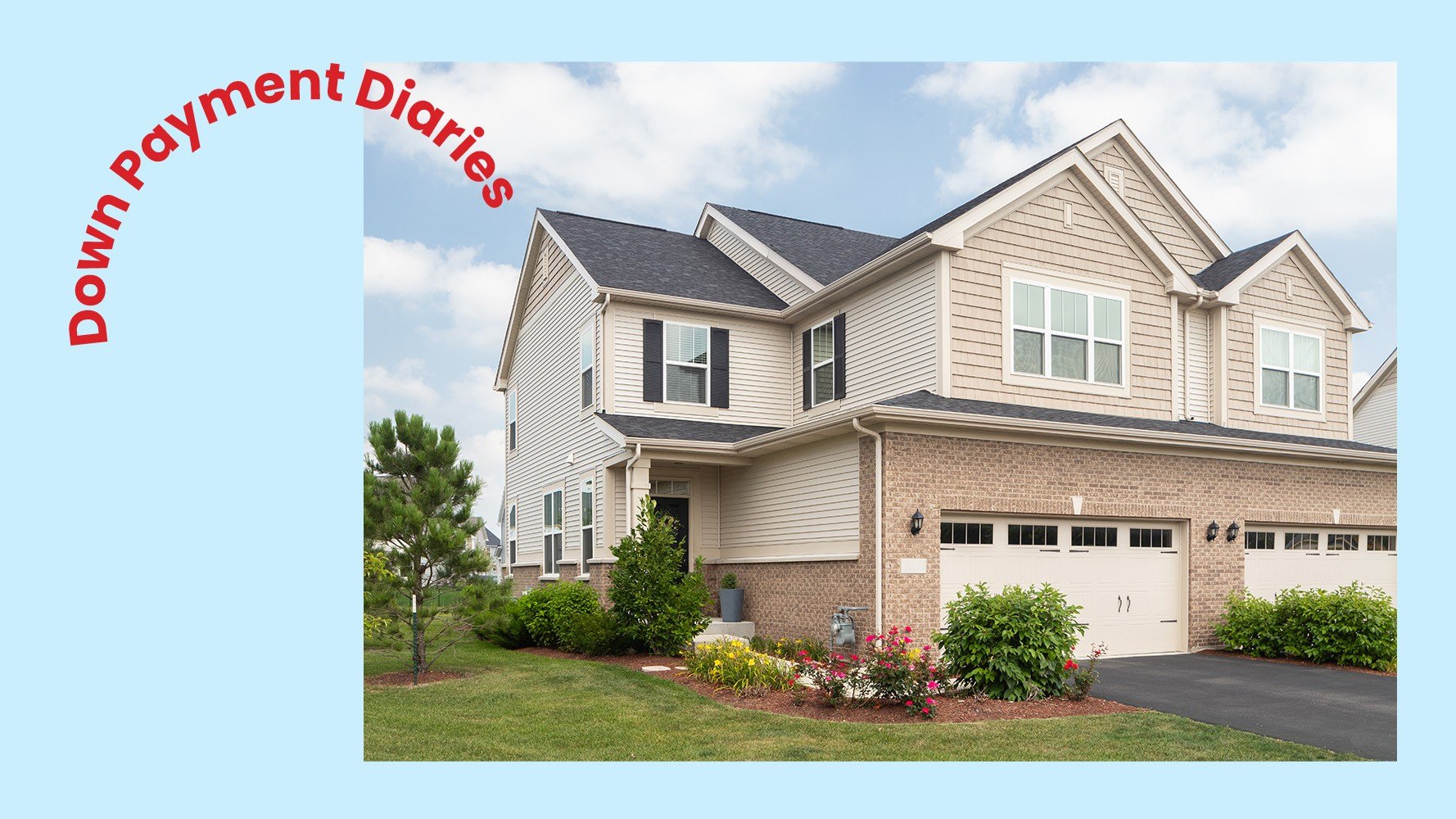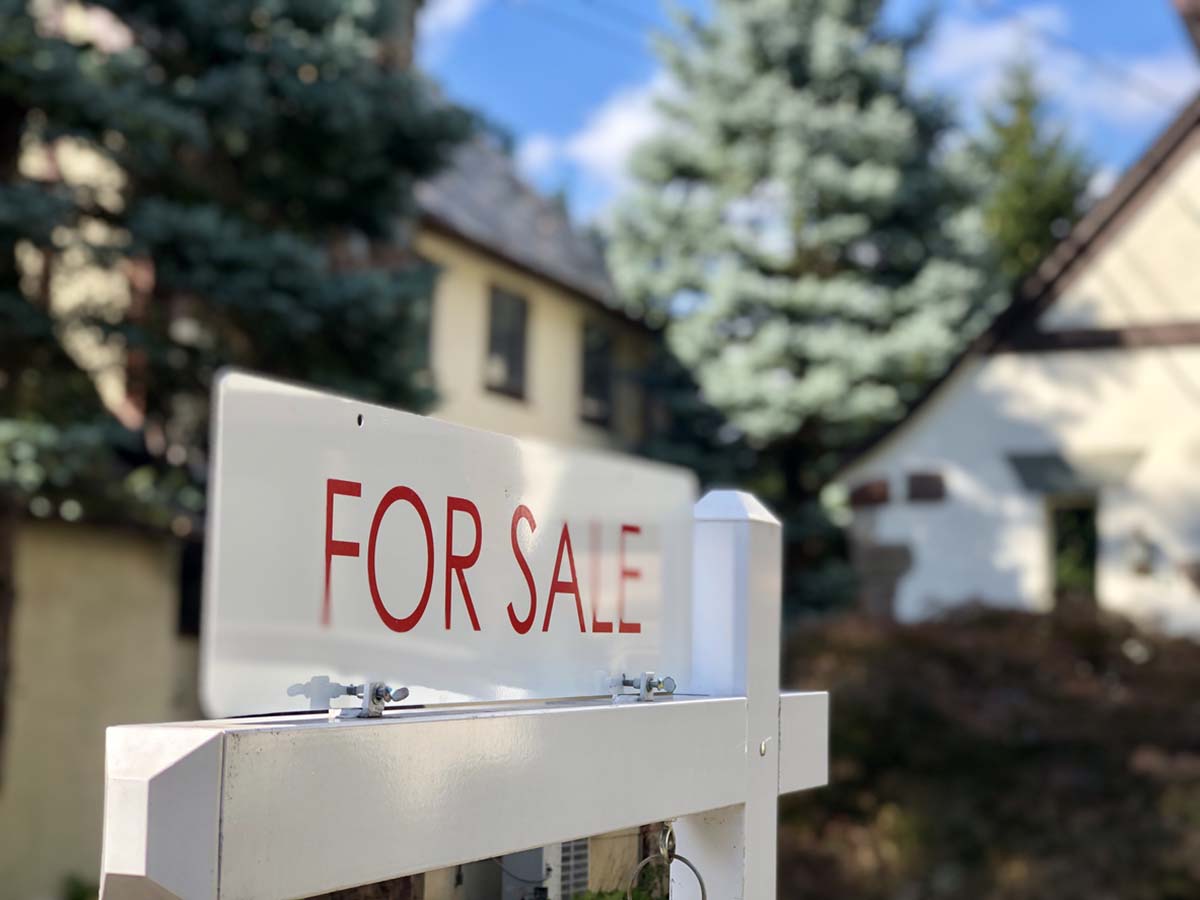C
ommitment to Our Readers
At GOBankingRates, our editorial team pledges to deliver impartial reviews and insights. We rely on data‑driven analysis to assess financial products, ensuring that advertisers do not sway our ratings. Learn more about our editorial standards and review process.
Two Decades of Insight
Our team has guided readers for 20 years, with expert reviews trusted by millions.
Graham Stephan’s Take on Real‑Estate Investing
If you’re eyeing property as a 2025 investment, financial guru and YouTuber Graham Stephan urges caution. In a recent video, he explains why real estate may no longer be the wealth‑building vehicle it once was and why equities could offer a better return in today’s climate.
Why Real Estate May Not Pay Off in 2025
Location and timing dictate success. “Most people’s outcomes hinge on when and where they buy,” Stephan says. “You could earn a fortune or lose everything.” His own profitable period spanned 2012‑2016, when prices were low and mortgage rates were favorable. He bought a foreclosure in San Bernardino County for $59,500, invested $12,000 in repairs, and the property now sells for roughly $400,000. Across four deals during that era, he achieved a 280 % return and $150,000 in rental income over five years. Today, such gains are harder to replicate.
Shrinking Returns and Rising Costs
Even high‑demand markets like Los Angeles County have seen modest appreciation—only 33 %, 16 %, and 20 % gains on his current holdings since pre‑pandemic levels. Meanwhile, ownership expenses have surged: insurance up 35‑40 %, property taxes 15 %, and labor/materials 50‑100 %. “If I bought any of these now, I’d be losing money,” he notes. His edge came from locking in low rates and down payments, advantages unlikely to exist in 2025.
Stocks Outpace Real Estate Since the Pandemic
Nationally, home prices rose 47 % since the pandemic’s start, while the stock market climbed 124 %. Thus, equities have delivered higher returns despite volatility.
Index Funds vs. Real Estate
Stephan argues that most investors should favor index funds for simplicity and performance. The S&P 500 has averaged a 10.6 % annualized return with dividends reinvested—enough to grow $100,000 to $750,000 over 20 years. Real estate, by contrast, demands active management: tenant relations, repairs, vacancies, and large renovations. When factoring these costs, the leverage advantage of property often mirrors the stock market’s returns but with far more effort.
Explore More at GOBankingRates
- Tesla vs. Nissan Altima: Monthly Fuel Costs
- Why Investing Now Matters, Even With $10
- How Middle‑Class Earners Are Quietly Building Wealth
- Five Steps When Your Savings Hit $50,000














